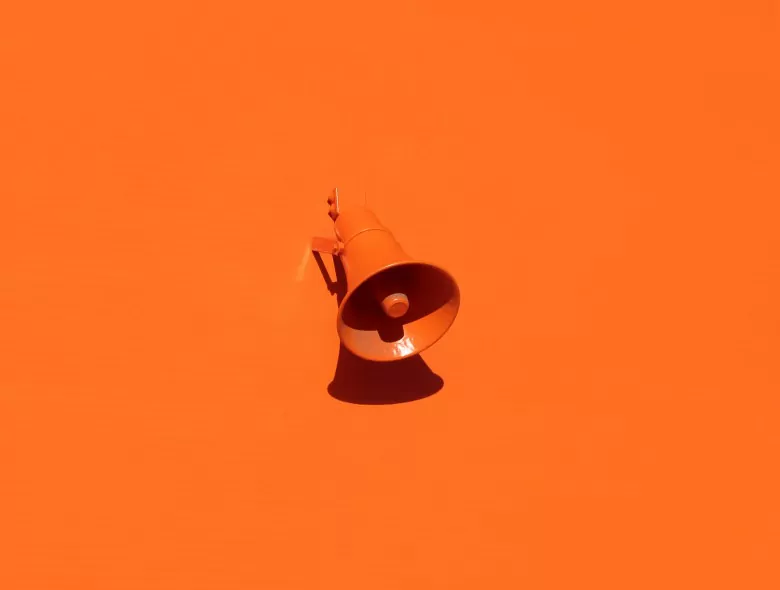Life is always interesting and never stays the same for long. Unexpected things happen and can change any situation drastically. Living in a country in which you can’t fully speak the language, or read the writing can make it much worse. It should come as no surprise that you will need to take a proactive approach to learn what you should do in an emergency situation. It helps to be mindful of possible future problems. These are a few things that you can do to make sure you stay ahead of most situations that may happen.
Every apartment building, no matter how big or small, has an emergency plan. Some may have them on the notice boards while others will give one to each resident when they move in. The taller buildings have more explicit exit routines that you will need to follow. Smaller buildings have recently been fitted with fire escape hatches on all of their patios. If you are ever unsure about what to do and where to go, you can always ask a neighbor, the landlord, or use the building’s website if they have one. Every building comes equipped with fire extinguishers, and the larger ones may have an AED device on sight as well.

If there is an emergency specifically in your room then you must notify someone immediately. The first thing to do is to contact the landlord for things like the building’s structure, pipes, and electricity. If you don’t do it immediately it may come back on you for the cost of fixing the damage. If you have a friend who is a native that is even better. Unless your contract says something different, always tell your landlord.

For natural disasters, it will be different. Every city has a specific evacuation plan. They have designated areas set aside as emergency shelters for such occasions. There is a warning system that sends notifications in Japanese and English as well, so make sure to pay attention if you are in an affected area. If you are told to leave the building, then do so. If something happens to it during this time you are not responsible for what happens to it. You only have to worry about that if you are the one who started the accident.
The best way to handle those situations is to be prepared. Try to take care when cooking to ensure nothing can catch fire. You can buy some spray that will deal with grease fires if they happen. Know exactly where the extinguishers are and make sure you have an uncluttered line to them. For water problems, try to keep the pipes free of debris to keep them from clogging up. If it goes for too long it can become something much worse, and even inconvenience the other residents. There are products you can buy at the local drugstores to keep the pipes clear and clean. If there is any structural damage to the apartment, leave it to the landlord. Try to fix anything can lead to an even bigger problem, and in the end, come down directly on you. Repair costs and other small fees will quickly drain your bank account. Even if you think you can fix, just leave it to the landlord.

Having some things prepared helps as well. Making a disaster kit is almost necessary. Simply having emergency supplies readily available can take a lot of worries away. Buy a large bookbag and fill it with essential emergency items like flashlights, batteries, non-perishable food items, water, a medkit, small tools, gloves, and sanitary items. It will help if there is an emergency that develops too quickly for you to prep for. There are different ones you can put together for different kinds of problems. Some stores sell a premade set for around 10,000 yen apiece. It may seem expensive, but it will be worth every yen that you spend on it.
If you are unclear on where to go, or what to do, you should ask your neighbors or someone else around outside. Follow others to the right areas as well. The best thing to do is to not panic during the incident. Try to keep a cool head and see where it looks like everyone else is going. Don’t try to go off on your own and handle it on your own. The cities will have transport available for everyone when it is time to evacuate. You can be confident that the cities will have a plan ready to enact at the right time.
It isn’t good to constantly think of all the terrible things that can happen, but it doesn’t hurt to be prepared. Making a plan and practicing it a few times helps too. Think carefully about what will be best for you when things start to go sideways. As long as you pay attention to these things when they are discussed you should be fine. Don’t do anything that could cause any trouble for you and it should be smooth sailing for your stay.



